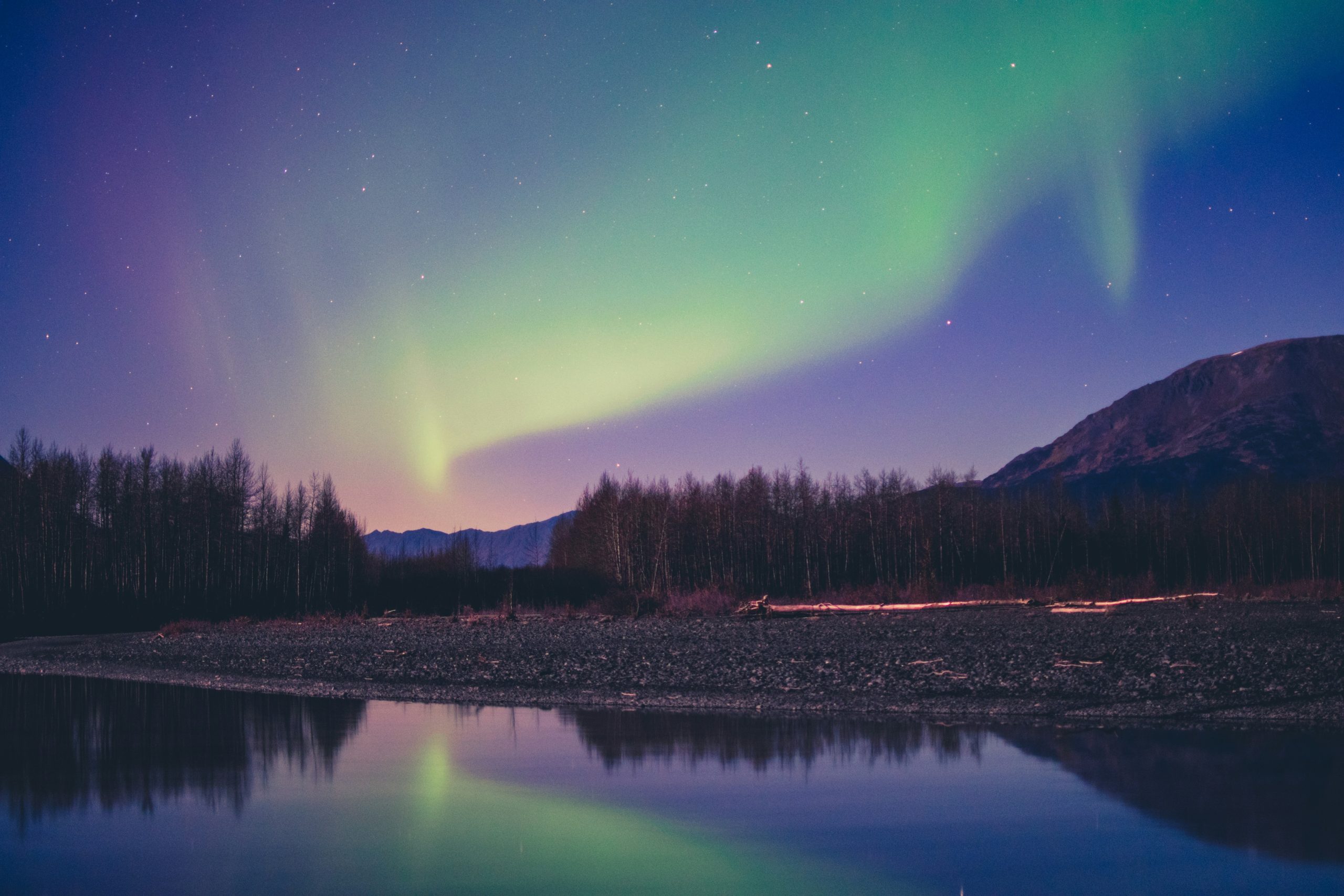Camping Essentials for Your First Trip

Before diving in, please note: This post is for informational purposes only. If you’d like to know more about how we approach topics, feel free to check out our friendly Disclaimer Page.
Hey there, amazing readers! 
We’re committed to delivering quality posts, and your support (even just sticking around despite the ads) means everything to us. So, bear with us, and thanks for helping us keep the good vibes rolling. Now, on to the fun stuff!
TRANSLATE BUTTON AT THE END OF THE ARTICLE
Planning Your First Camping Trip
Embarking on your first camping trip can be an exciting adventure filled with the great outdoors, but proper planning is crucial for a successful experience.
Begin by researching potential campsites in your desired location and consider factors such as proximity to hiking trails, access to water sources, and availability of amenities like restrooms and showers.
Additionally, check the weather forecast for your chosen dates to pack accordingly.
Make a checklist of essential items to bring, including camping gear, food, water, and first aid supplies.
When planning your camping trip, it’s essential to consider the duration of your stay and the activities you wish to engage in.
Whether you’re planning a weekend getaway or an extended wilderness expedition, having a clear itinerary will help you make the most of your outdoor adventure.
Be sure to familiarize yourself with the rules and regulations of the campsite, such as fire restrictions and waste disposal guidelines, to ensure a safe and enjoyable experience for yourself and others.
Choosing the Right Campsite
Selecting the perfect campsite is a crucial step in planning your first camping trip.
Consider factors such as terrain, proximity to water sources, and level of privacy when choosing a location to pitch your tent.
Look for designated campsites with amenities like fire rings, picnic tables, and access to restrooms for added convenience.
If you prefer a more secluded experience, consider primitive camping options in national forests or wilderness areas.
When choosing a campsite, pay attention to the natural surroundings and avoid setting up camp near hazards like steep cliffs, standing dead trees, or areas prone to flooding.
Take into account the direction of prevailing winds to avoid smoke from your campfire blowing into your tent.
Additionally, consider the proximity of your chosen campsite to hiking trails, fishing spots, or other outdoor activities you plan to enjoy during your stay.
By carefully selecting your campsite, you can enhance your camping experience and make lasting memories in the great outdoors.
Essential Gear and Equipment
Having the right gear and equipment is essential for a successful camping trip.
Start with the basics, such as a durable tent, sleeping bags, and sleeping pads to ensure a comfortable night’s rest.
Invest in a quality camping stove or portable grill for cooking meals outdoors, as well as cookware, utensils, and food storage containers.
Don’t forget to pack essentials like a flashlight, first aid kit, and multi-tool for emergencies.
When it comes to clothing, pack layers to stay warm in cool evenings and cool during hot days.
Bring appropriate footwear for hiking and exploring the area around your campsite.
Consider additional gear like camping chairs, a tarp for extra shelter, and a portable water filter for safe drinking water.
By packing the right gear and equipment, you’ll be prepared for whatever adventures come your way on your first camping trip.
Packing Your Camping Supplies
Packing efficiently is key to a successful camping trip, especially when it’s your first time venturing into the great outdoors.
Organize your gear into categories such as shelter, cooking, clothing, and personal items to make packing and unpacking easier.
Use waterproof stuff sacks or plastic bins to keep your gear dry and organized during transport.
Create a checklist of essential items to ensure you don’t forget anything crucial, such as extra batteries for your flashlight, a map of the area, and trash bags for waste disposal.
Pack versatile items that can serve multiple purposes, like a bandana that can be used as a washcloth, sun protection, or emergency bandage.
Remember to pack enough food and water for your entire stay, as well as any special dietary needs or medications.
Setting Up Your Tent
Setting up your tent may seem like a daunting task for first-time campers, but with a little practice, it can become second nature.
Begin by selecting a flat, level area free of rocks, roots, and debris to pitch your tent.
Lay out a ground tarp or footprint to protect the bottom of your tent from moisture and abrasions.
Assemble your tent according to the manufacturer’s instructions, starting with the poles and then attaching the rainfly for added weather protection.
Staking out the tent corners and guylines will help stabilize your shelter in windy conditions.
Once your tent is set up, organize your sleeping bags, sleeping pads, and other gear inside for a comfortable night’s rest.
Remember to zip up your tent doors and windows to keep insects out and maintain privacy during your camping trip.
Building a Campfire Safely
Building a campfire is a classic camping tradition that can provide warmth, light, and a cozy atmosphere for outdoor gatherings.
Before starting a fire, check with the campsite regulations to ensure fires are permitted and if any fire restrictions are in place.
Select a designated fire ring or fire pit if available, or create a new fire ring using rocks or metal fire pans in a safe location away from vegetation and overhanging branches.
Gather firewood from the surrounding area, using only fallen branches and sticks rather than cutting live trees or branches.
Build your fire in a teepee or log cabin structure, starting with small tinder and gradually adding larger pieces of wood as the fire grows.
Keep a bucket of water or a fire extinguisher nearby for safety, and never leave your campfire unattended.
Once you’re done enjoying your fire, be sure to fully extinguish it by dousing it with water and stirring the ashes until they’re cool to the touch.
Cooking Outdoors
Cooking meals outdoors can be a fun and rewarding experience while camping, but it requires the right equipment and techniques.
Invest in a portable camping stove or grill for cooking meals, as well as a set of cookware, utensils, and food storage containers.
Bring along ingredients for simple and nutritious meals that are easy to prepare over an open flame or camp stove.
When cooking outdoors, practice proper food safety by washing your hands, utensils, and surfaces before and after handling food.
Keep perishable items like meat, dairy, and eggs chilled in a cooler with ice packs to prevent spoilage.
Use a meat thermometer to ensure that food is cooked to a safe internal temperature, especially when grilling meats.
Remember to clean up after each meal to prevent attracting wildlife to your campsite and to maintain a clean and organized cooking area.
Staying Hydrated
Staying hydrated is crucial for your health and well-being while camping, especially when engaging in outdoor activities like hiking or biking.
Bring an ample supply of water for drinking, cooking, and cleaning, as well as a portable water filter or purification tablets for obtaining safe drinking water from natural sources.
Avoid drinking untreated water from streams or lakes, as it may contain harmful bacteria or parasites.
Encourage everyone in your camping group to drink plenty of water throughout the day to prevent dehydration, especially in hot or dry climates.
Consider bringing electrolyte supplements or sports drinks to replenish lost minerals and nutrients during strenuous activities.
Monitor your urine color and frequency as a simple indicator of hydration levels, aiming for pale yellow urine and frequent urination.
By staying hydrated, you’ll feel more energized and alert during your camping trip, allowing you to fully enjoy the outdoor experience.
Dealing with Wildlife
Encountering wildlife is a thrilling part of camping in nature, but it’s essential to respect and coexist with animals in their natural habitat.
Familiarize yourself with the local wildlife species in the area and learn how to safely observe them from a distance without disturbing their behavior.
Keep a clean campsite by properly storing food, trash, and scented items in bear-proof containers or hanging bags to prevent attracting wildlife to your tent.
If you encounter wildlife while camping, remain calm and avoid approaching or feeding them.
Use noise-making devices like whistles or bells to scare off animals that come too close to your campsite.
In the event of a bear encounter, stay calm, speak in a firm voice, and slowly back away while keeping your eyes on the bear.
Consider carrying bear spray or other deterrents for added protection in bear country.
By respecting wildlife and following proper safety precautions, you can enjoy a harmonious camping experience with the natural inhabitants of the great outdoors.
First Aid and Emergency Preparedness
Being prepared for emergencies is vital when camping in remote or wilderness areas where medical help may be limited.
Pack a well-stocked first aid kit with essentials like bandages, antiseptic wipes, gauze pads, and pain relievers for treating minor injuries and illnesses.
Familiarize yourself with basic first aid techniques like treating cuts, burns, sprains, and insect bites to address common camping injuries.
In addition to a first aid kit, carry emergency supplies like a whistle, signaling mirror, and waterproof matches for signaling for help in case of an emergency.
Share your camping itinerary with a trusted friend or family member and establish a check-in schedule to stay connected while in the outdoors.
Consider bringing a GPS device, map, and compass for navigation in unfamiliar terrain, as well as a fully charged cell phone for communication in areas with reception.
Leave No Trace Principles
Practicing Leave No Trace principles is essential for minimizing your impact on the environment and preserving the beauty of natural areas for future generations.
Follow the seven Leave No Trace principles: plan ahead and prepare, travel and camp on durable surfaces, dispose of waste properly, leave what you find, minimize campfire impacts, respect wildlife, and be considerate of other visitors.
By following these principles, you can enjoy the outdoors responsibly and contribute to the conservation of wilderness areas.
Before leaving your campsite, pack out all trash, food scraps, and personal belongings to leave the area cleaner than you found it.
Dispose of waste in designated receptacles or pack it out in trash bags to prevent littering and pollution.
Avoid damaging vegetation, disturbing wildlife, or creating new trails by staying on established paths and following posted guidelines.
By practicing Leave No Trace ethics, you can enjoy a more sustainable and eco-friendly camping experience while protecting the natural environment for future campers to enjoy.
Enjoying Your Outdoor Experience
Finally, remember to relax, unwind, and savor the outdoor experience during your first camping trip.
Take time to appreciate the beauty of nature, whether it’s watching a sunrise over the mountains, stargazing on a clear night, or listening to the sounds of the forest.
Disconnect from technology and immerse yourself in the sights, sounds, and smells of the wilderness for a rejuvenating and memorable adventure.
Engage in outdoor activities like hiking, bird-watching, fishing, or photography to explore the natural wonders of your surroundings.
Connect with fellow campers, share stories around the campfire, and create lasting memories with friends and family.
Embrace the simplicity of camping life, from cooking meals over an open flame to sleeping under the stars, and let go of the stresses of daily life.
By embracing the outdoor experience and immersing yourself in nature, you’ll gain a newfound appreciation for the beauty and serenity of the great outdoors.
Conclusion
As you prepare for your first camping trip, remember that proper planning, essential gear, and Leave No Trace ethics are key to a successful outdoor adventure.
By choosing the right campsite, setting up your tent, building a campfire safely, cooking outdoors, and staying hydrated, you can enjoy a memorable experience in the great outdoors.
Be prepared for emergencies with a first aid kit, emergency supplies, and navigation tools, and practice caution when encountering wildlife in their natural habitat.
Above all, remember to relax, unwind, and savor the beauty of nature during your camping trip for a truly immersive and rewarding outdoor experience.
Happy camping!

The Enlightenment Journey is a remarkable collection of writings authored by a distinguished group of experts in the fields of spirituality, new age, and esoteric knowledge.
This anthology features a diverse assembly of well-experienced authors who bring their profound insights and credible perspectives to the forefront.
Each contributor possesses a wealth of knowledge and wisdom, making them authorities in their respective domains.
Together, they offer readers a transformative journey into the realms of spiritual growth, self-discovery, and esoteric enlightenment.
The Enlightenment Journey is a testament to the collective expertise of these luminaries, providing readers with a rich tapestry of ideas and information to illuminate their spiritual path.
Our Diverse Expertise
While our primary focus is on spirituality and esotericism, we are equally passionate about exploring a wide range of other topics and niches 

To ensure we provide the most accurate and valuable insights, we collaborate with trusted experts in their respective domains 
Our blog originally focused on spirituality and metaphysics, but we’ve since expanded to cover a wide range of niches. Don’t worry—we continue to publish a lot of articles on spirituality! Frequently visit our blog to explore our diverse content and stay tuned for more insightful reads.

































































